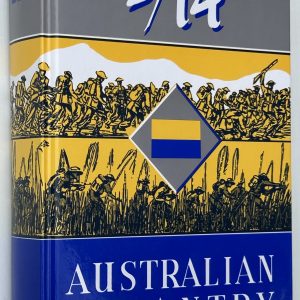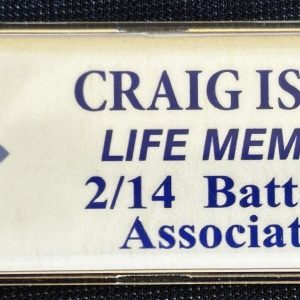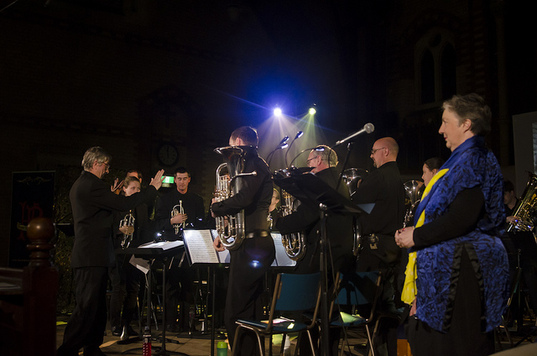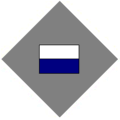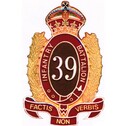Welcome to the
2/14 Australian Infantry Battalion
The first battalion of the 21st Brigade, part of the 7th Australian Division, officially raised on 26 April 1940.
Support us:
Merchandise to Purchase
Our organisation and legacy depends on your purchases and membership. Browse our online store and support us to keep the flame alive.
Latest News:
Past & Upcoming Events from 2/14
Queensland ANZAC Day March
ANZAC Day MarchWe look forward to seeing a good turnout for the March this year….
Rededication of 21st Brigade Memorial at Rocky Creek War Memorial Park August 2024
This is an invitation to members, particularly those living in Far North Queensland, to reserve…
Yandina Memorial Visit
It was a pleasure to meet a group of students from Yandina State School at…
KOKODA CONCERT, HAWTHORN BAND AND 2/14 BTN. ASSOC.
Click here to see more photos and other 2/14 events.
Our origins story:
THE HISTORY OF THE 2/14TH BATTALION
The 2/14th Battalion was officially raised on 26 April 1940 and began to assemble for training, at Puckapunyal in Victoria, on 11 May. It embarked, at Sydney, for service in the Middle East on 19 October, and after stopping in India between 4 and 19 November, arrived in Egypt on 25 November. After disembarkation, the battalion moved straight to Palestine to complete its training.
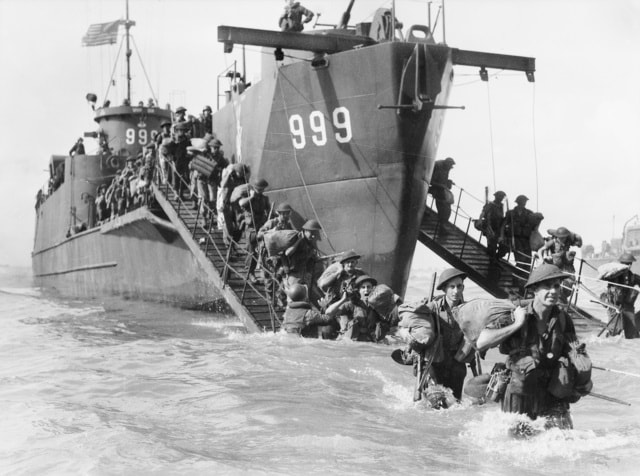
Help the legacy of the 2/14 last
Become a Member Today
Family of 2/14 Battalion veterans are welcome to join the association to learn, connect, and support one-another to keep the ANZAC spirit alive.


